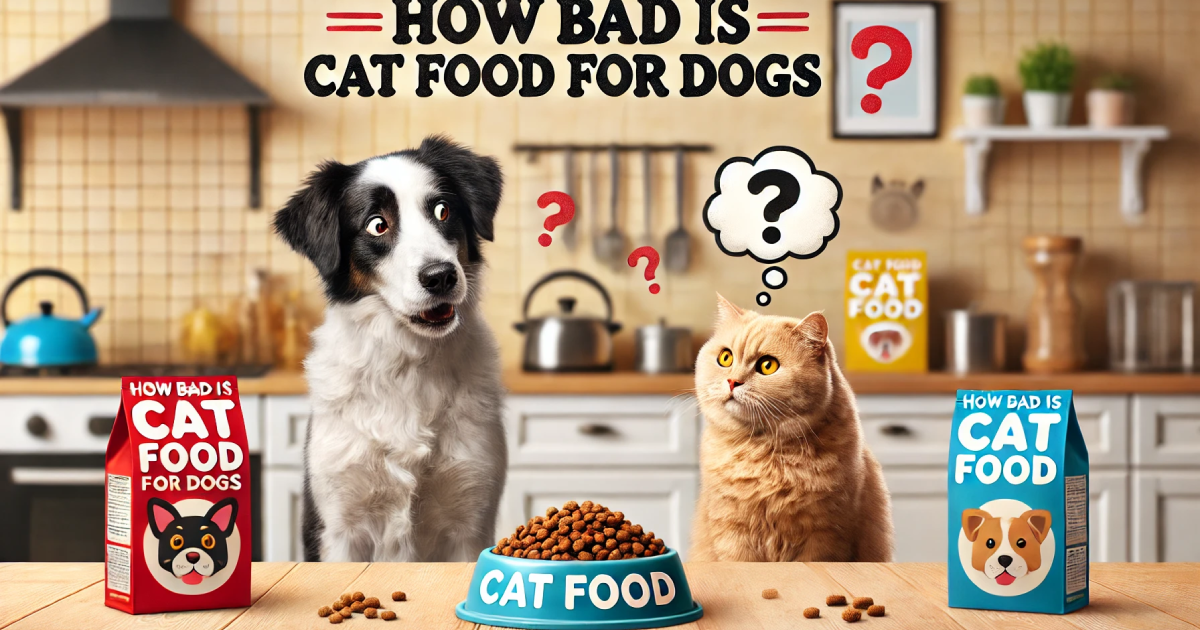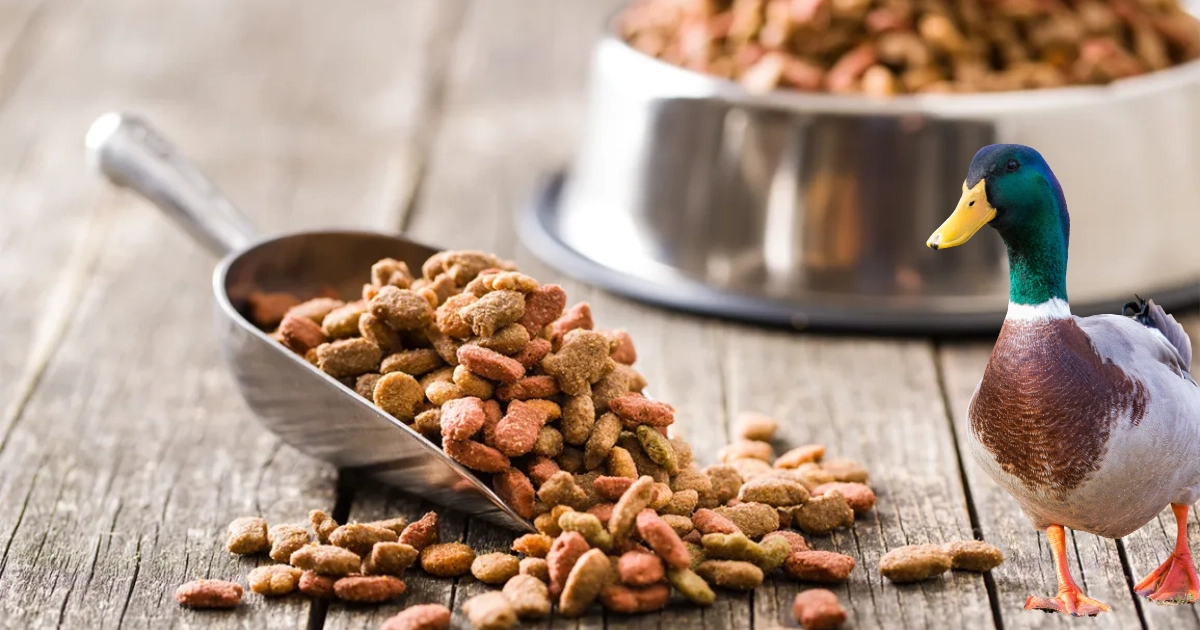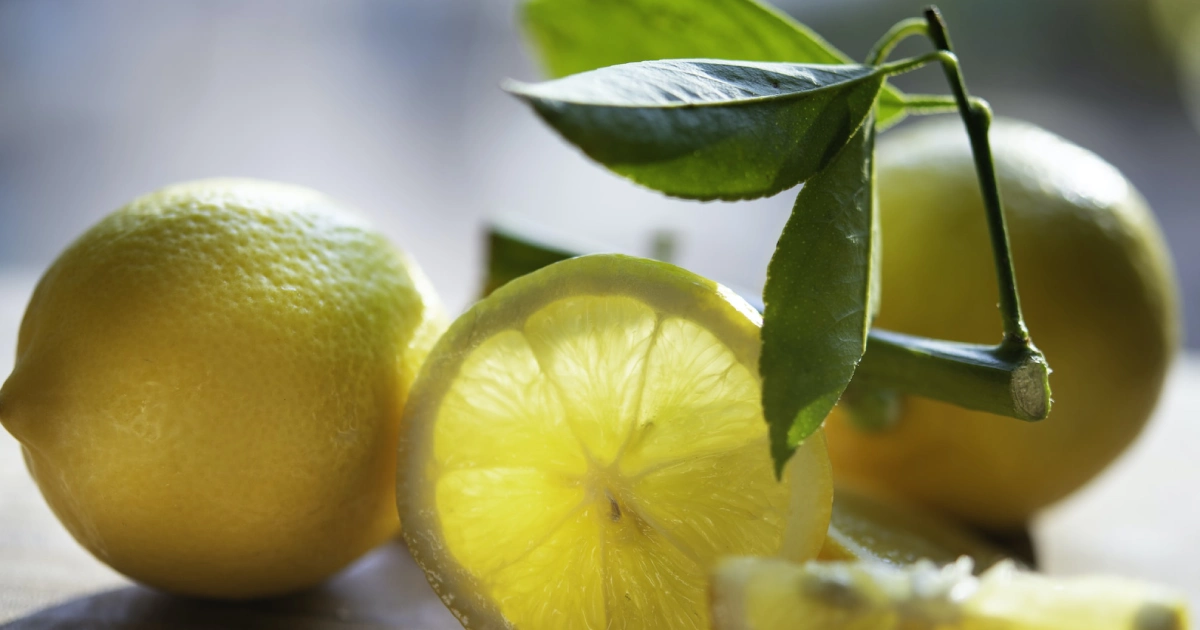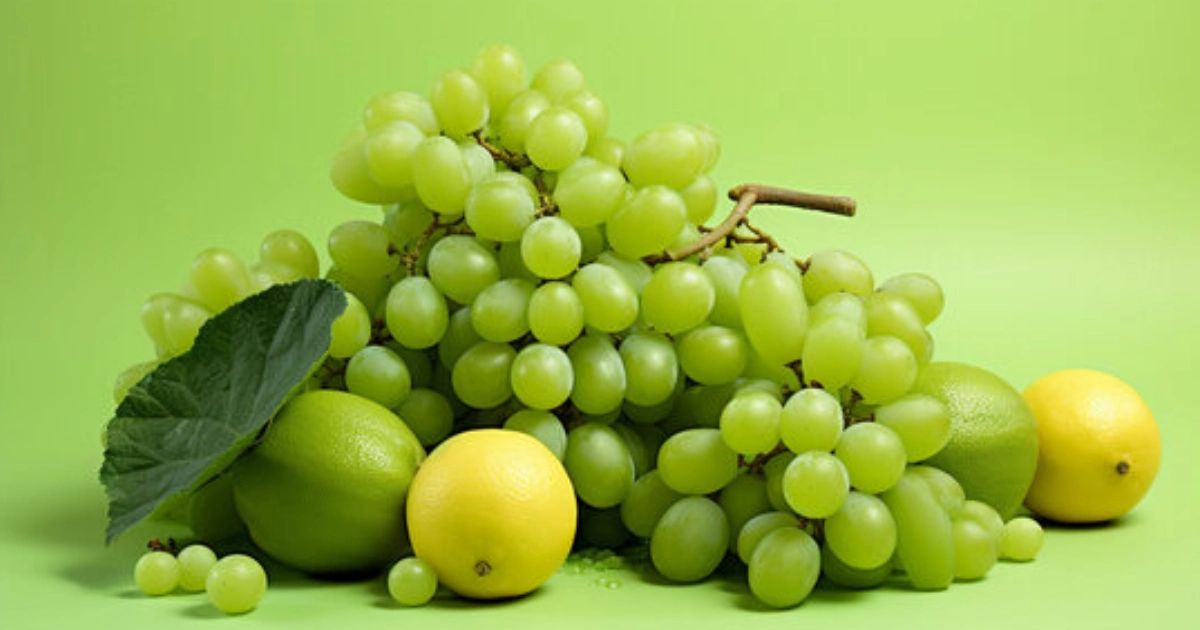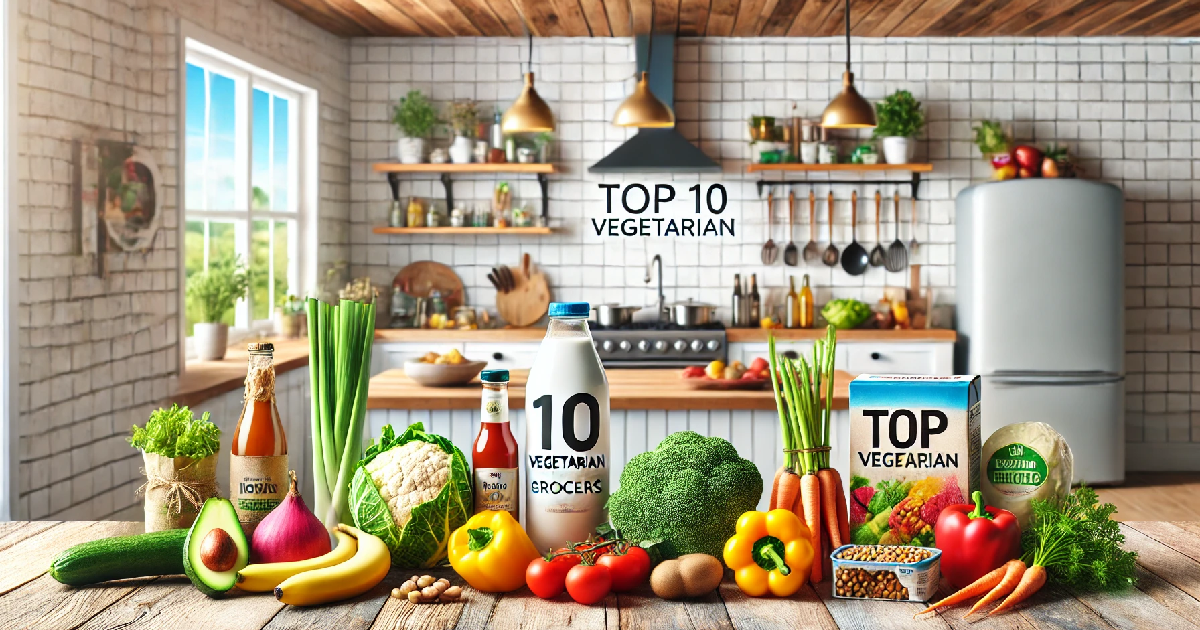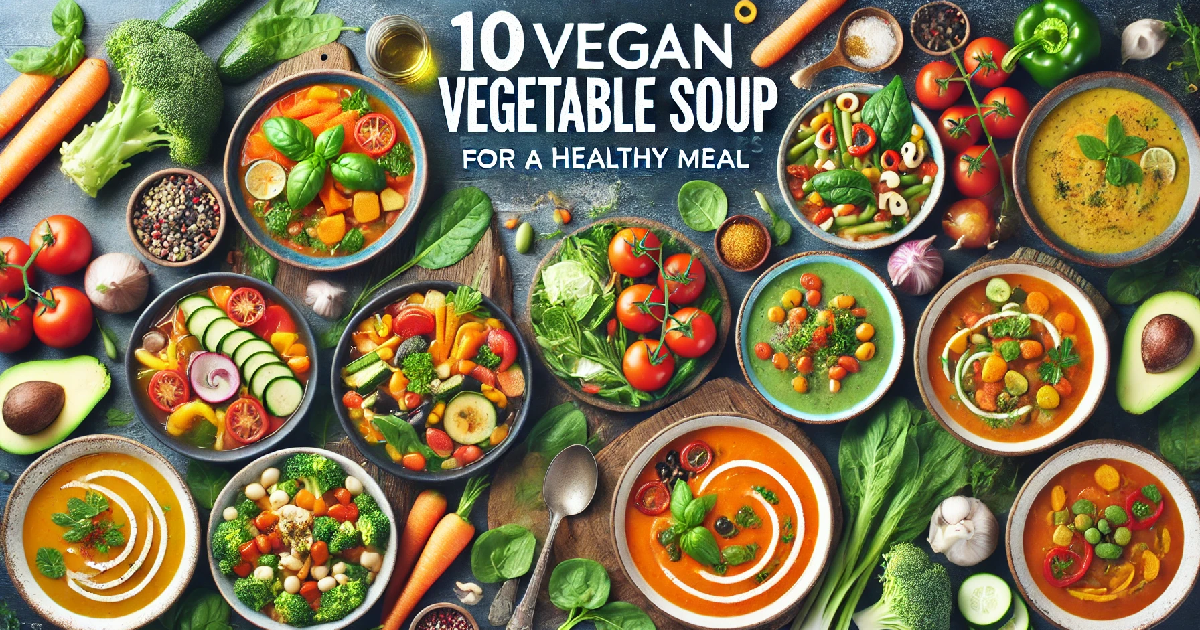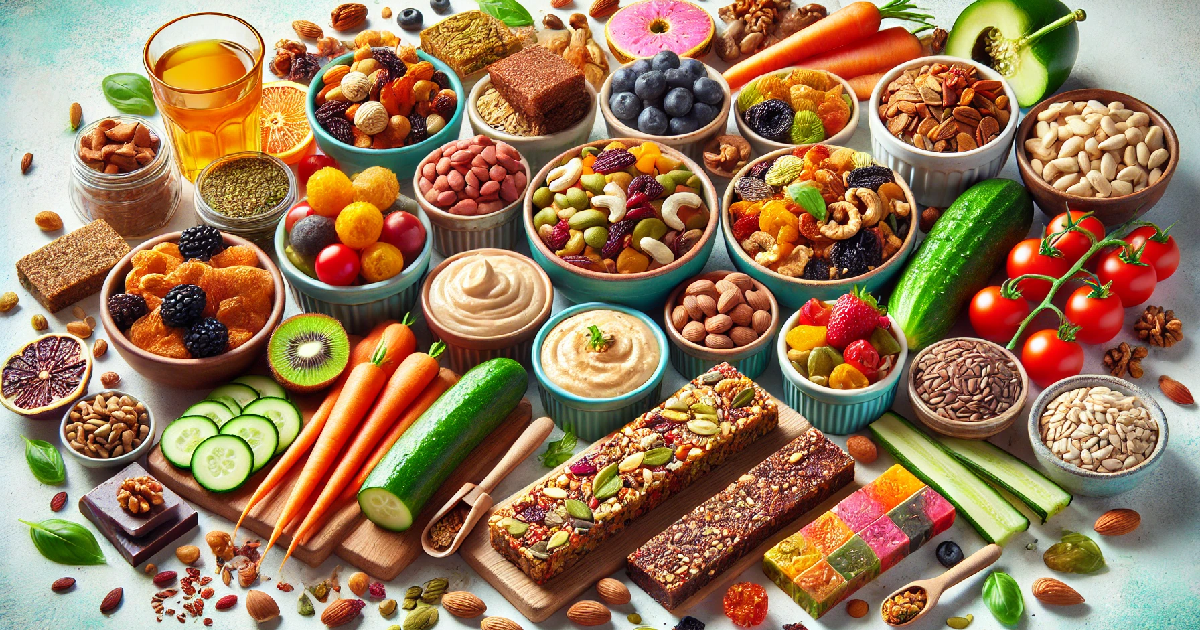You may have seen “chicken meal” on the ingredient list of dog food if you’ve ever examined the label. But what exactly is a chicken meal, and why is it used in dog food? Chicken meal is a common protein source found in many commercial dog foods, and it can provide important nutrients for your furry friend.
In this article, we’ll explore what chicken meal is, how it’s made, and its nutritional benefits. Whether you’re a pet owner curious about the ingredients in your dog’s food or a prospective buyer looking to make an informed decision, understanding what a chicken meal actually is can help you make better choices for your pup’s health.
What Is Chicken Meal?
Chicken meal is a common ingredient found in many high-quality dog foods. It is produced by taking chicken meat, removing the water and then crushing the substance into a fine powder. The resulting chicken meal is an excellent source of protein, which is vital for your dog’s overall health and well-being.
Is Chicken Meal Better Than Chicken In Dog Food?
Chicken meal, which is a concentrated version of chicken that has had moisture removed, contains more protein and nutrients per serving than fresh chicken. It provides a handy and highly digestible protein source for dogs. Fresh chicken, on the other hand, may have a higher water content, which can alter the overall protein level. Fresh chicken, on the other hand, retains natural moisture and can be a valuable source of hydration. Finally, the choice between chicken meal and fresh chicken is determined by factors such as your dog’s individual nutritional needs, sensitivities, and the overall quality and balance of the dog food formulation. It is critical to choose a dog food that contains high-quality ingredients that fulfil your dog’s specific dietary needs.
Chicken Vs Chicken Meal In Dog Food
| Aspect | Chicken | Chicken Meal |
| Source | Fresh chicken meat | Deboned chicken, with moisture content removed |
| Protein | Varies in protein concentration
Concentrated source of protein | Higher protein concentration per serving |
| Nutrients | Contains vitamins and minerals | Contains vitamins, minerals, and essential amino acids |
| Allergenic Potential | Dogs with allergies may react | Suitable for dogs with sensitivities to fresh chicken |
| Portion Size | Requires larger portion sizes | Smaller portion sizes due to higher nutrient density |
| Feeding Considerations | Suitable for dogs without sensitivities or allergies | Suitable for dogs needing higher protein intake or with sensitivities to fresh chicken |
Please note that this table provides a general overview and individual dog’s dietary needs.
Why Does Dog Food Have Chicken Meal?
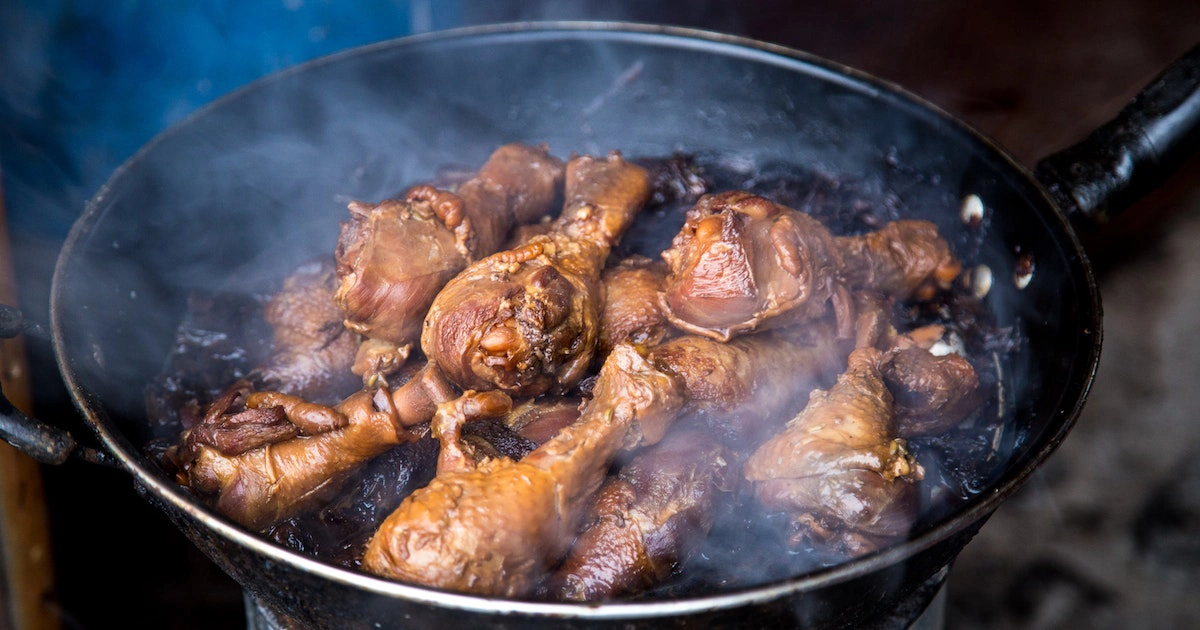
Dog food often includes chicken meals as an ingredient for several important reasons. Firstly, chicken meal is a highly concentrated source of protein. Dogs are carnivores by nature and require a significant amount of protein in their nutrition for muscle growth, tissue repair, and overall health. Chicken meal provides a dense and easily digestible form of protein, ensuring that dogs receive the essential amino acids necessary for optimal growth and maintenance.
Additionally, chicken meal offers nutritional benefits beyond protein content. It contains essential vitamins and minerals, including B vitamins, iron, zinc, and selenium, which contribute to a healthy immune system, appropriate cell function, as well as the preservation of a healthy epidermis and skin. By incorporating chicken meals into dog food, manufacturers can provide a balanced and nutritious meal that supports the overall well-being of dogs.
Is Dog Food With Chicken Meal Good?
The presence of chicken meals in dog food can indeed be beneficial, making it a good option for many dogs. Chicken meal serves as a highly concentrated source of protein, essential amino acids, and important nutrients that support a dog’s overall health and well-being. It offers a convenient and easily digestible form of protein, ensuring that dogs receive the necessary building blocks for muscle development, tissue repair, and a strong immune system.
Additionally, the chicken meal contains vital vitamins and minerals that contribute to healthy skin, a shiny coat, and proper cell function. However, it’s important to note that the quality and sourcing of chicken meal play a crucial role in determining its overall value. Opting for dog food brands that prioritize high-quality ingredients and adhere to strict manufacturing standards ensures that the chicken meal used is free from fillers, by-products, or artificial additives. It’s always a good practice to choose a dog food that offers a balanced diet with a variety of protein sources and consult with a veterinarian to address any specific dietary needs or sensitivities your dog may have. By considering these factors, dog food with a chicken meal can be a favourable and nutritious choice for your beloved canine companion.
Nutritional Benefits Of Chicken Meal:
- High Protein Content: Dogs are primarily carnivorous animals and require a substantial amount of protein in their diet. Chicken meal offers a concentrated and highly digestible source of protein, ensuring that your dog receives the amino acids necessary for muscle development, tissue repair, and maintaining a strong immune system.
- Rich in Essential Nutrients: The chicken meal is not just a protein powerhouse; it also contains important nutrients, including B vitamins, iron, zinc, and selenium. These nutrients contribute to healthy skin, a shiny coat, strong bones, and proper cell function.
- Low Moisture Content: Unlike the fresh chicken, a chicken meal has had its moisture content removed. This makes it a dense source of protein and other vitamins and minerals, allowing your dog to receive more nutrients per serving.
- Concentrated and Digestible: The removal of moisture from chicken meals makes them a concentrated protein source. This concentration allows for smaller serving sizes while still providing adequate nutrition. Moreover, chicken meal is highly digestible for dogs, ensuring optimal nutrient absorption and minimizing gastrointestinal stress.
- Reduced Allergenic Potential: Some dogs may have sensitivities or allergies to fresh chicken. In such cases, the chicken meal can be a suitable alternative as it undergoes a process that removes water and reduces the potential allergenic properties.
Long Shelf Life: In comparison to fresh chicken, a chicken meal has a longer shelf life due to its minimal moisture content. This makes it an attractive option for pet caretakers and facilitates storage and feeding.
Is Chicken Meal Safe For Dogs?
Yes, chicken meal is generally safe for dogs when included in their diet. It undergoes a specific manufacturing process that involves removing moisture from the chicken and grinding it into a fine powder. This process helps concentrate the protein content and reduces the risk of bacterial contamination. However, it’s important to ensure that the chicken meal used in dog food comes from reputable sources and adheres to strict quality control standards. High-quality chicken meal is free from harmful additives, fillers, or by-products. It’s also crucial to consider your dog’s individual dietary needs and any specific sensitivities or allergies they may have. While rare, some dogs may have sensitivities to chicken or chicken meal.
If you notice any adverse reactions or digestive issues after introducing dog food with chicken meals. Consult your veterinarian to determine which protein sources are ideal for your dog’s diet. Overall, when sourced responsibly and incorporated into a balanced diet, chicken meal can be a safe and beneficial protein source for dogs.
Common Misconceptions About Chicken Meal:
- Chicken meal is not a low-quality ingredient and is derived from real, deboned chicken.
- It is not made up of chicken by-products but rather a concentrated source of protein and nutrients.
- Chicken meal is not an inferior protein source compared to fresh chicken, offering advantages like higher concentration and digestibility.
- It is not necessarily allergenic, and allergies depend on individual sensitivities and the quality of the chicken meal.
- Chicken meal is not a filler ingredient; it provides essential nutrients and supports balanced dog food formulations.
How Many Dog Meals A Day?
Determining the number of dog meals per day depends on many factors, including your dog’s age, size, activity level, and specific dietary needs. Here are some general guidelines to consider:
Puppies: Puppies require more frequent meals to support their rapid growth and energy requirements. It is common practice to feed them three to four portions per day until they are between four and six months old. As they grow older, you can gradually reduce the number of meals and transition to feeding them two to three times a day.
Adult Dogs: Most adult dogs thrive on being fed twice a day. This helps maintain a consistent feeding routine and prevents prolonged hunger between meals. However, some dogs may do well with one larger meal per day or may benefit from smaller, more frequent meals if they have specific dietary needs or health conditions. Consulting with a veterinarian can provide tailored advice based on your dog’s individual requirements.
Senior Dogs: As dogs age, their metabolism and activity levels may change. Smaller, more frequent meals may benefit the digestion and energy levels of some senior canines. It is essential to track their weight and adjust their meal frequency and portion sizes accordingly.
Remember that portion control is equally important as the number of meals. To prevent underfeeding or overfeeding, it is essential to provide your dog, based on its age, weight, and level of activity, the appropriate quantity of sustenance. Consult your veterinarian to ascertain the optimal feeding frequency and portion size for your dog, as individual dogs may have unique nutritional needs or health considerations that require a customized approach.
What Ingredients Should I Avoid In Dog Food?
Chicken meal is a common ingredient in many dog foods, but not all chicken meals are created equal. Cooking chicken meat and removing its water and oil yields a chicken meal, a concentrated source of protein. However, some chicken meals can contain lower-quality parts of the chicken, such as heads, feet, and internal organs, which may not be suitable for consumption.
When looking at dog food ingredients to avoid, it’s important to avoid artificial preservatives such as BHA and BHT, which cause dog cancer. In addition, fillers such as maize and soy should be avoided because they lack nutritional value and can cause digestive problems. Other ingredients to watch out for include by-products, added sugars (such as caramel colour), and any unidentified “meat” sources.
Overall, it’s best to look for dog food that contains whole proteins like real meat or fish as the first ingredient with minimal additives or fillers. With a little bit of research into ingredient lists on dog food packaging and labels, you can ensure that your furry companion is receiving optimal nutrition.
Is Chicken Meal And Rice Good For Dogs?

Chicken meal is a popular ingredient in many dog foods. It is made by taking the chicken meat and removing the water and fat, leaving behind a concentrated source of protein. A chicken meal typically has a higher protein content than fresh chicken because it contains less moisture.
When combined with rice, chicken meals can provide dogs with a balanced and nutritious diet. Rice is easily digestible for dogs and can help regulate their digestion. Additionally, rice provides carbohydrates that give dogs energy to stay active throughout the day.
However, not all chicken meals and rice dog foods are the same. It is essential to thoroughly examine the ingredient list to ensure no fillers or artificial preservatives have been added. In addition, you should always counsel your veterinarian before altering your dog’s diet.
Are Dogs Allergic To Chicken Meals?
Chicken meal is a common ingredient found in many dog foods. It is made by grinding up chicken meat and bone, then drying it to create a powder-like substance. This process helps to concentrate the protein levels of the chicken, making it a popular choice for pet food manufacturers.
However, some dogs may have an allergic reaction to chicken meal. This can cause symptoms such as itching, rashes, and digestive issues.
If your dog is allergic to a chicken meal or another food, see a vet. They can identify the allergen and suggest a diet for your pet.
Identifying Symptoms Of Chicken Meal Allergies
Chicken meal refers to a dry form of chicken that has been ground and cooked down to remove most of the moisture. It is a common protein source in many dog foods, but some dogs may develop allergies to it, just like with any other food ingredient. For chicken meal allergies in dogs, it can be challenging to identify the symptoms at first because they may emerge days or weeks after eating.
Symptoms of chicken meal allergies in dogs include itching, skin rashes, hot spots, vomiting, diarrhoea, and digestive problems. Your dog may have trouble breathing or facial or mouth swelling in severe cases. Consult your vet for diagnosis and treatment if your dog is allergic to a chicken meal or another food ingredient.
To determine if a chicken meal is causing your dog’s allergic reactions. You can try eliminating it from their diet for several weeks and observing if the symptoms improve. You can also switch them to a hypoallergenic or limited-ingredient diet recommended by your vet that does not contain chicken meals or other allergens.
Conclusion
In conclusion, chicken meal is a commonly used ingredient in dog food that provides a concentrated source of protein. It is made by taking the muscle tissue of chickens and removing all the moisture and fat, leaving a nutrient-dense powder. A chicken meal can be beneficial for dogs as it has amino acids that are essential for building and maintaining strong muscles.
The quality can vary based on the sourcing and processing methods used. It is crucial for pet owners to do their research and choose dog food brands that use high-quality sources of chicken meals from reputable suppliers.
Overall, when included as part of a balanced diet, chicken meals can be a healthy addition to your dog’s meals. Check the labels carefully and choose products with high-quality ingredients for optimal nutrition.
FAQ







